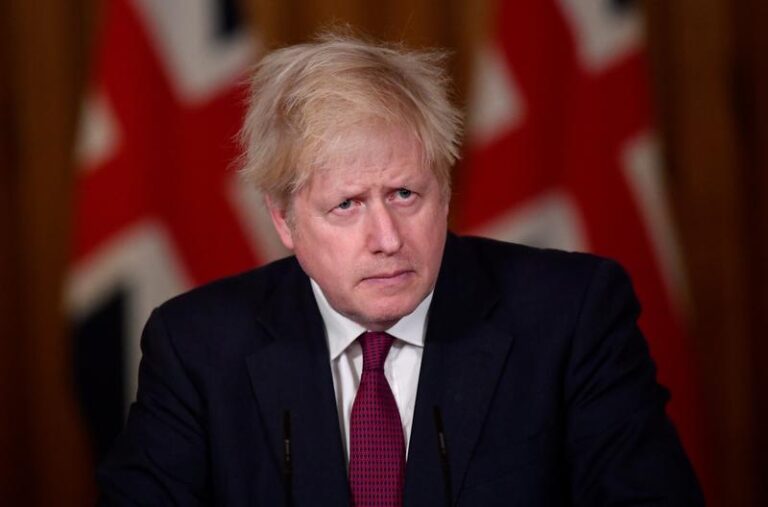
(Reuters) – Prime Minister Boris Johnson said on Monday that there were still problems in Brexit trade talks and that Britain would thrive without a deal.
“The position is unchanged: there are problems,” Johnson told reporters when asked if there would be a trade deal. “Its vital that everybody understands that the UK has got to be able to control its own laws completely and also that we’ve got to be able to control our own fisheries.”
“WTO terms would be more than satisfactory for the UK. And we can certainly cope with any difficulties that are thrown our way. Not that we don’t want a deal but that WTO terms would be entirely satisfactory,” he said.
Unless Johnson can strike a trade deal with the EU in the next 10 days, the United Kingdom will leave the bloc’s informal membership on Dec. 31 at 2300 London time without one.
Johnson said he spoke to French President Emmanuel Macron, who turned 43 today, about border issues, but not about Brexit.
“Its his birthday by the way, but we vowed to stick off Brexit because that negotiation is being conducted as you know via the European Commission and that’s quite proper,” Johnson said.
A Brexit trade deal would ensure that the goods trade which makes up half of annual EU-UK commerce, worth nearly a trillion dollars in all, would remain free of tariffs and quotas.
Britain says the talks are stuck on two issues – the so-called level playing field and fishing – and has repeatedly said the EU has to budge or there will be no deal.
Failure to agree a deal on goods trade would send shockwaves through financial markets, hurt European economies, snarl borders and disrupt supply chains.
In the case of a “no deal” on trade, Britain would lose zero-tariff and zero-quota access to the European single market of 450 million consumers overnight.
Britain would default to World Trade Organization (WTO) terms in its trade with the 27-state bloc. It would impose its new UK global tariff (UKGT) on EU imports while the EU would impose its common external tariff on UK imports.
Non-tariff barriers could hinder trade, with prices widely expected to rise for British consumers and businesses.






